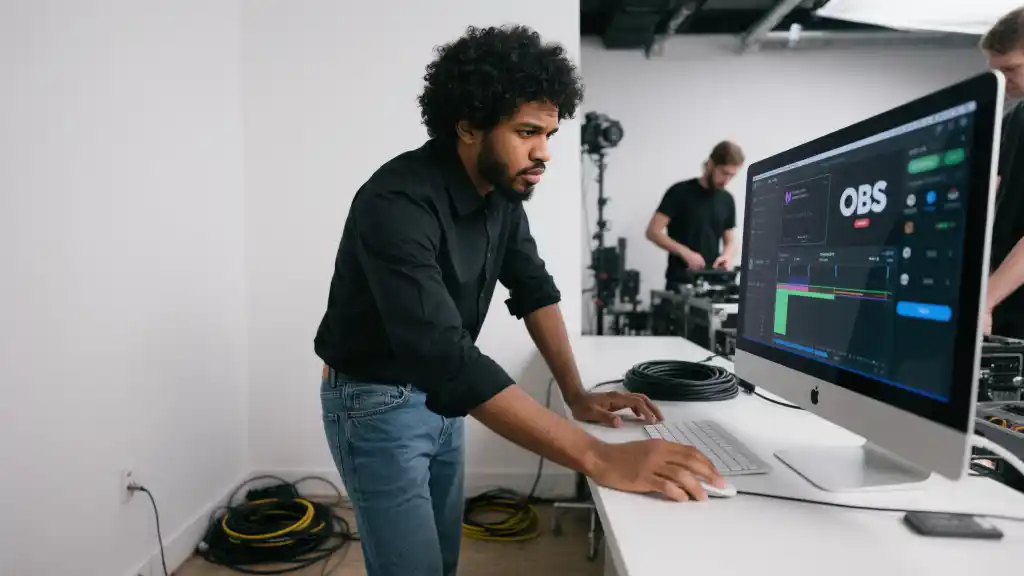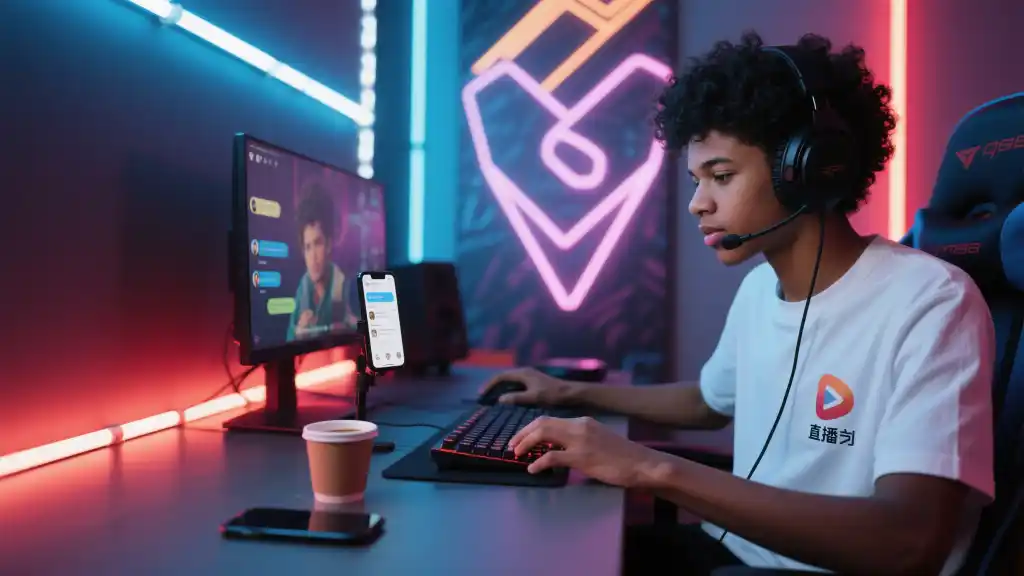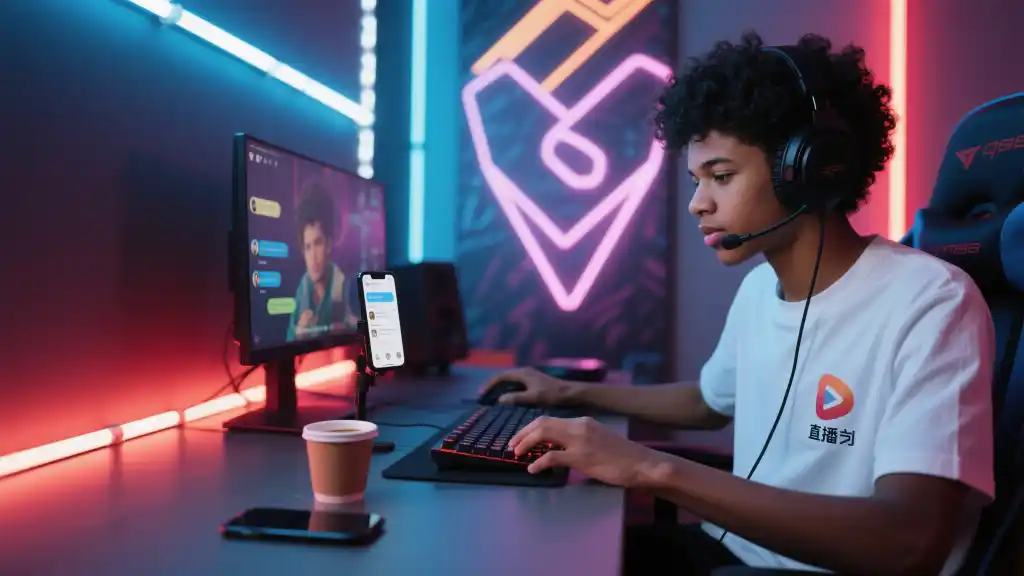Article directoryCloseOpen
- Selecting the Perfect Monitor
- Monitor Features to Consider
- A Comparison Table
- Frequently Asked Questions (FAQ)
- What is the minimum RAM I need for a gaming PC?
- How important is the graphics card in gaming?
- What refresh rate should I look for in a gaming monitor?
- Is SSD storage better than HDD for gaming?
- How do I choose the right monitor resolution for gaming?
When you’re gearing up to enhance your gaming experience, starting with the right gaming PC is essential. The performance of your gaming setup hinges largely on the components within your PC.
Key Components to Consider
Selecting the Perfect Monitor
A high-performance gaming PC deserves an equally impressive monitor. Here’s what to keep in mind when selecting your display.
Monitor Features to Consider
A Comparison Table
To make the selection easier, here’s a simple comparison of popular gaming monitors:

| Monitor Model | Resolution | Refresh Rate | Response Time | Price Range |
|---|---|---|---|---|
| Acer Predator XB273U | 2560×1440 | 144Hz | 1ms | $700 |
| LG 27GN950-B | 3840×2160 | 144Hz | 1ms | $800 |
| ASUS TUF Gaming VG27AQ | 2560×1440 | 165Hz | 1ms | $400 |
With these features in mind, your gaming setup is sure to impress. Investing time in understanding each component and how they work together will give you the edge you need in your gaming adventures. Whether you’re seeking incredible visuals or fast performance, the perfect gaming PC and monitor combination is key to taking your play to the next level.
Choosing the right monitor resolution for gaming really boils down to your personal gaming style and the power of your hardware. If you’re a casual gamer who enjoys lighter titles or is just getting into the gaming scene, a resolution of 1080p, also known as Full HD, is usually more than adequate. This resolution offers a crisp image without putting too much strain on your graphics card, allowing for smoother gameplay and decent frame rates across a wide variety of games.
On the other hand, if you’re looking for that immersive gaming experience and the stunning visuals that come with it, you should definitely consider upgrading to 1440p (2K) or even 4K resolution, provided your graphics card is capable of handling it. A higher resolution means you’ll see a lot more detail in your games, bringing environments and character models to life in ways that lower resolutions simply can’t match. However, keep in mind that pushing out these sharper images requires a more powerful graphics card, so make sure your system is up to the task if you decide to go for those higher resolutions. After all, there’s nothing quite like getting lost in a game with breathtaking graphics that make every moment feel incredibly real.

Frequently Asked Questions (FAQ)
What is the minimum RAM I need for a gaming PC?
For a smooth gaming experience, at least 16GB of RAM is recommended. This allows your computer to run modern games and multitask without lag. If you plan on playing more demanding titles or multitasking heavily, consider upgrading to 32GB.
How important is the graphics card in gaming?
The graphics card (GPU) is one of the most critical components of a gaming PC. It determines the quality of graphics, frame rates, and overall visual performance, especially when playing graphic-intensive games. Investing in a quality GPU ensures you can game at higher settings and resolutions for a more immersive experience.
What refresh rate should I look for in a gaming monitor?
A refresh rate of 144Hz or higher is ideal for gaming monitors, particularly for fast-paced games like first-person shooters or racing games. A higher refresh rate results in smoother gameplay and improved responsiveness, giving you a competitive edge.
Is SSD storage better than HDD for gaming?
Yes, SSD storage is significantly better than traditional HDDs for gaming. SSDs offer faster load times, which means your games will launch quicker and levels will load with minimal delay. This improves the overall gaming experience, while using an HDD as secondary storage can be an effective cost-saving solution.
How do I choose the right monitor resolution for gaming?
Monitor resolution depends on your gaming preferences and hardware capabilities. For casual gaming, 1080p (Full HD) is sufficient, but if you want sharper visuals and your GPU supports it, consider a 1440p (2K) or 4K display. Higher resolutions provide more detail but require more powerful graphics cards for optimal performance.
